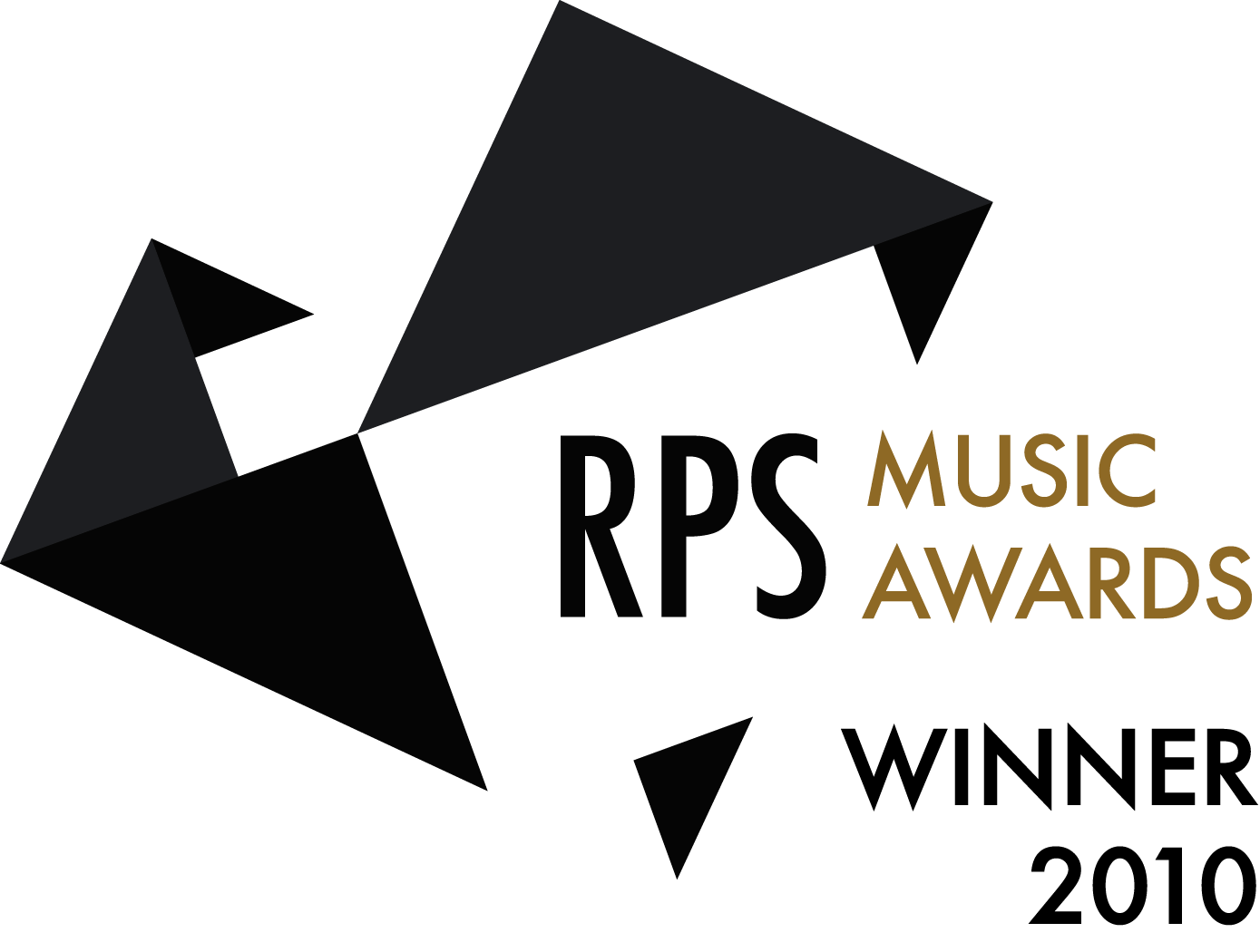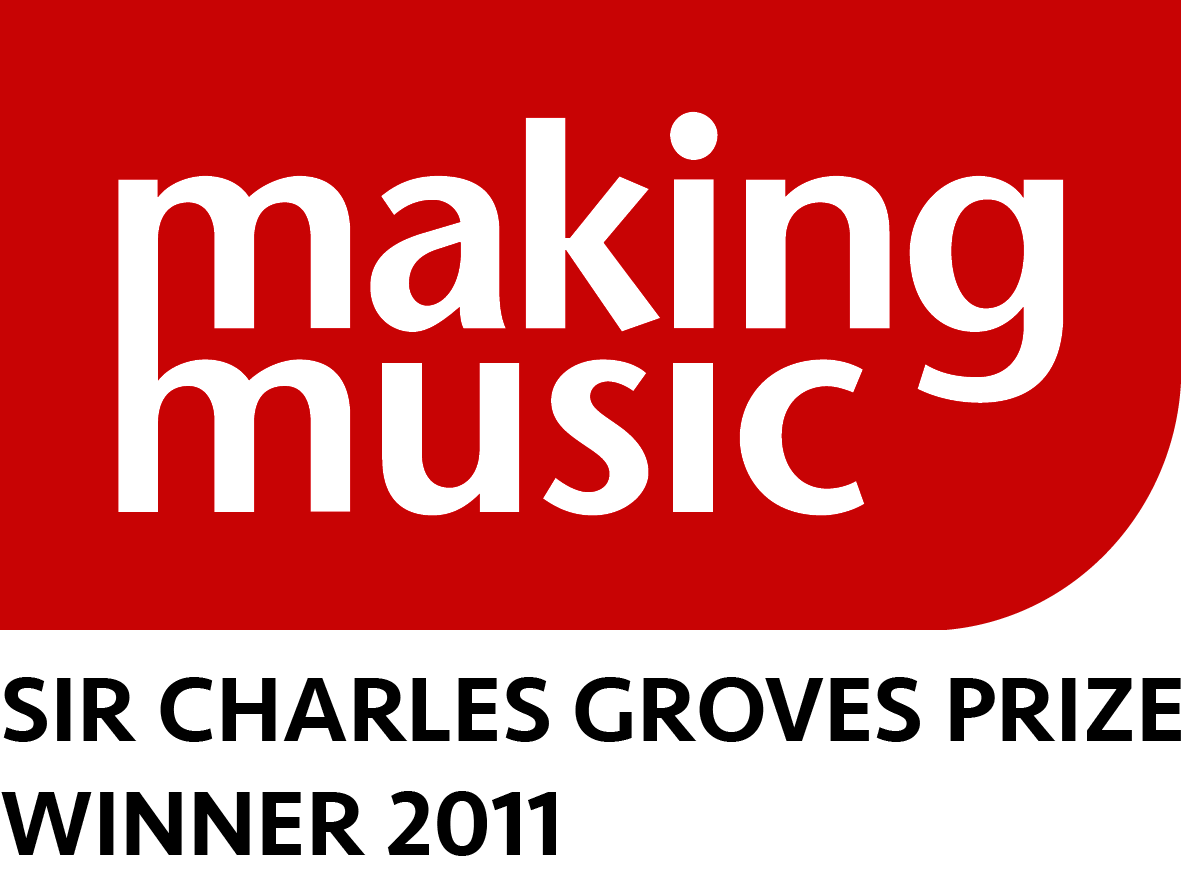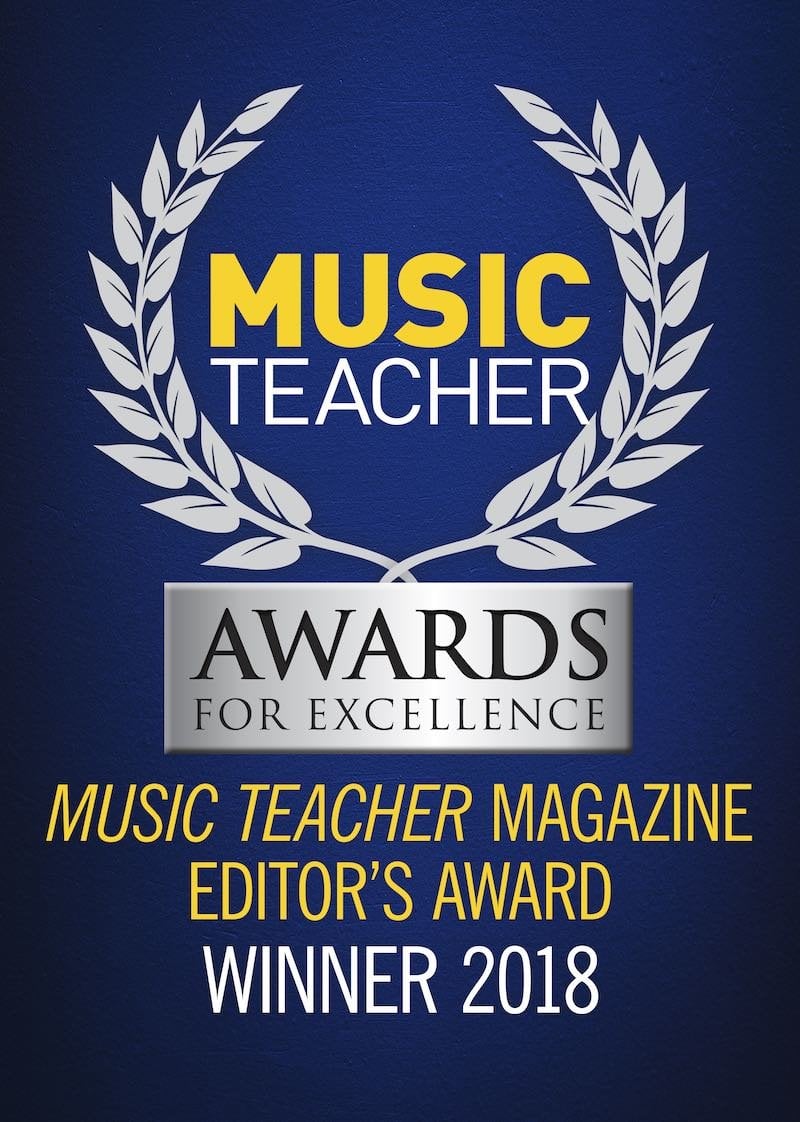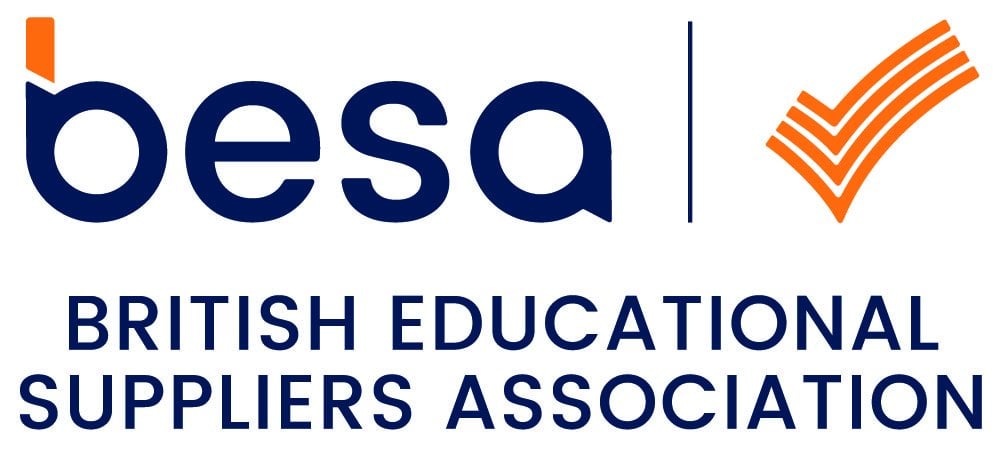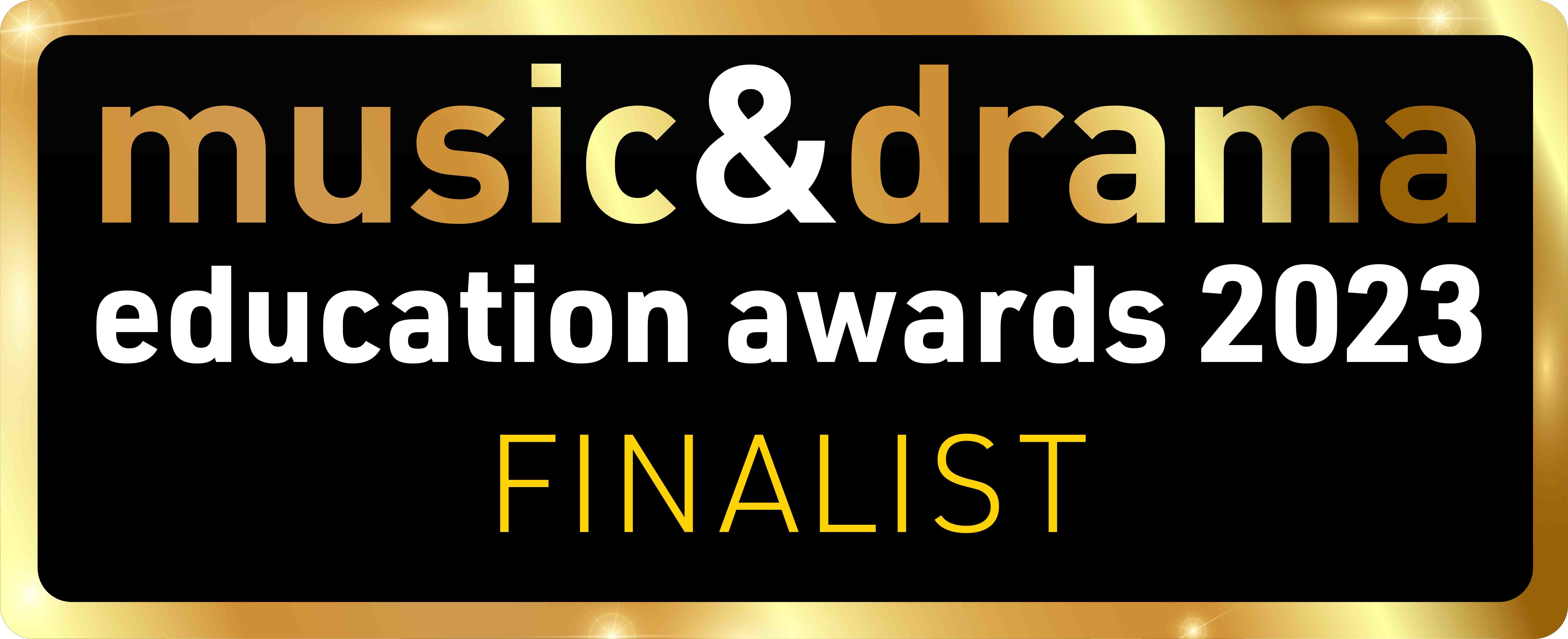Track title
Activity ideas based around the song
Literacy
Read books such as The Storm Whale by Benji Davis and The Snail and the Whale by Julia Donaldson and Alex Scheffler.
Go on a fact-finding mission and make a little booklet of everything that you can find out about beluga whales. Did you know…
- They are carnivores and eat meat e.g. salmon, crabs, shrimp, clams and octopus
- Beluga whales are white to camouflage themselves in the arctic and they can swim backwards
- Unlike other whales, belugas do not have a dorsal fin (which means that they are able to swim easily through ice)
- Beluga whales are about 18ft in length (about 3 times the length of a human)
Science and technology
- Bake beluga biscuits. Use a simple biscuit recipe and using a cookie cutter, a blunt knife or fingers, shape them into whale outlines. Talk about reversible and irreversible changes in cookery. Once an egg has been cooked it cannot be changed back but chocolate can melt and harden and melt again.
- The Beluga Whale sanctuary (part of the Sea Life Trust) are doing a series of LIVE question and answer sessions on their Facebook page where you can see beluga whales (Little Grey and Little White) adapting to their new sea water home.
Art and design
- Make a beluga soft toy using a white sock, filled with rice or flour and tied with elastic bands. Use elastic bands to form ‘the melon’ (the rounded structure on the surface of a whale's head). Draw on some eyes and create a tail with cardboard to attach to the back. This will give you an idea even though it is a different type of whale.
- Make a rocking beluga. All you need is a paper plate! Find the instructions here.
- Create a beluga whale collage using paper, fabric and recycling materials. You might do a waterspout spray picture and partial whales as they swim above and below water.
Music
- Ask a grown up at home who plays the ukulele to accompany you singing using these chords.
- Beluga whales are known as 'sea canaries' because of the wide range of sounds that they make. Have a listen to some BBC recordings here and try and mimic them.
Geography
Provide a world map or a globe so that children can map out where whales can be seen around the UK and across the world's oceans including their migration routes to and from colder to warmer waters. Challenge children to use a map to find the five oceans on the Earth.
PSHE
The issues relating to plastic are complex and need to be balanced. Plastic is a useful material and is used in many important ways because of its properties, e.g. in healthcare such as hearing aids, pacemakers and replacement joints. The challenge regarding plastics is unnecessary use (i.e. single-use plastics such as straws), disposal and effects on the environment. This video, prompted by the BBC series Blue Planet II highlights what school children across the country have done and the things that we can all do to limit the amount of single use plastics that we use. What can you do at home to help the cause? Make a list and think about how you can reduce, reuse and recycle.
